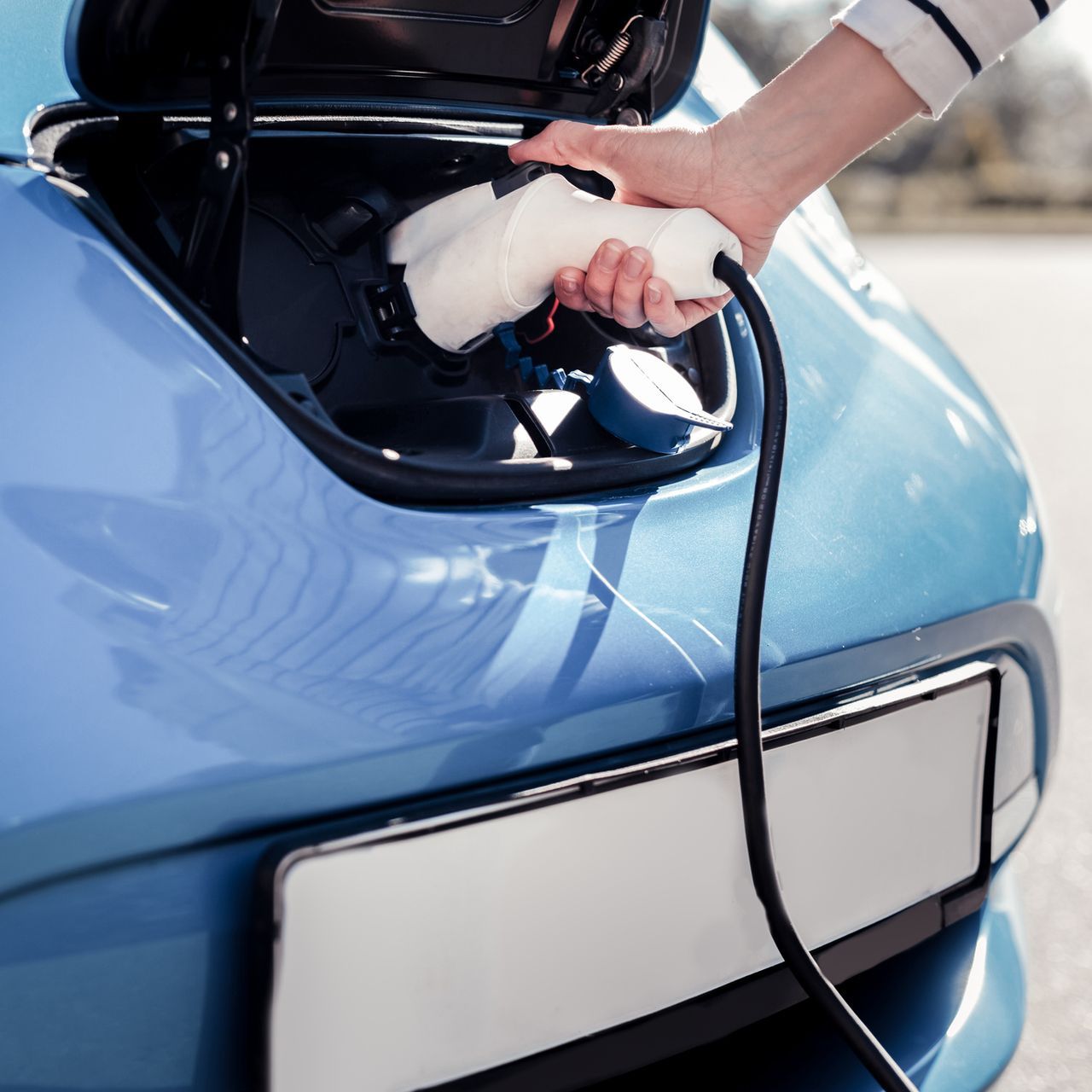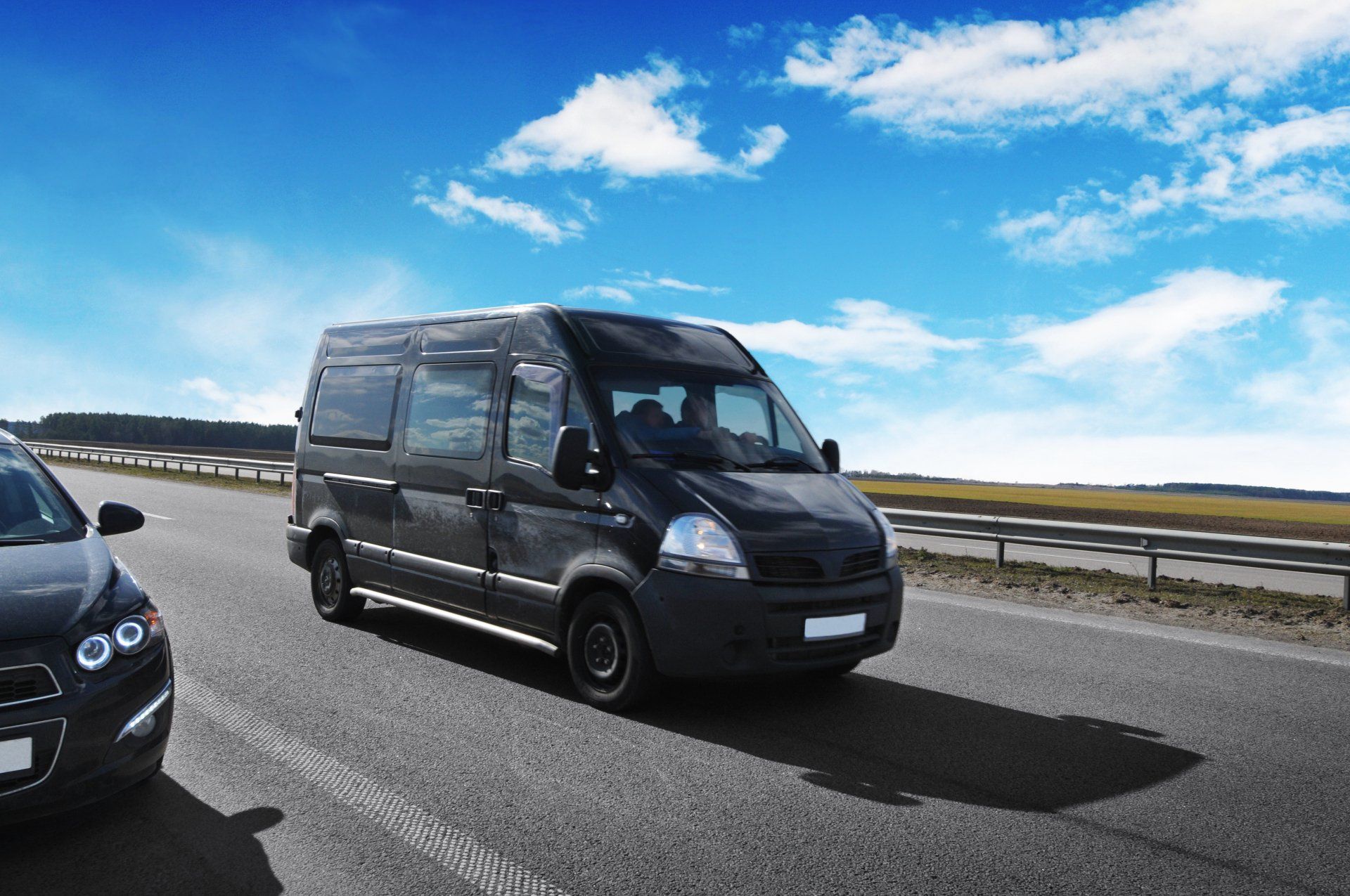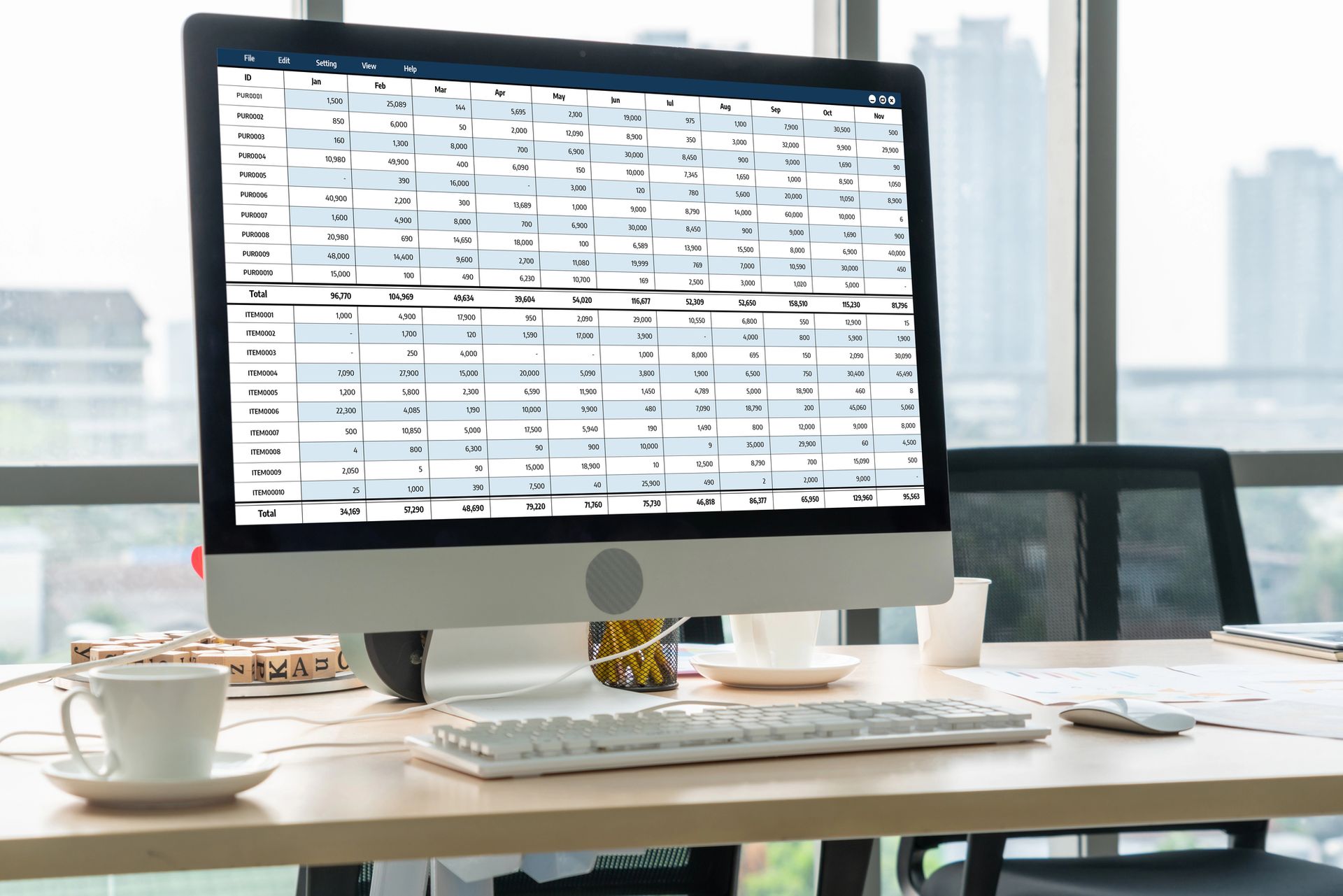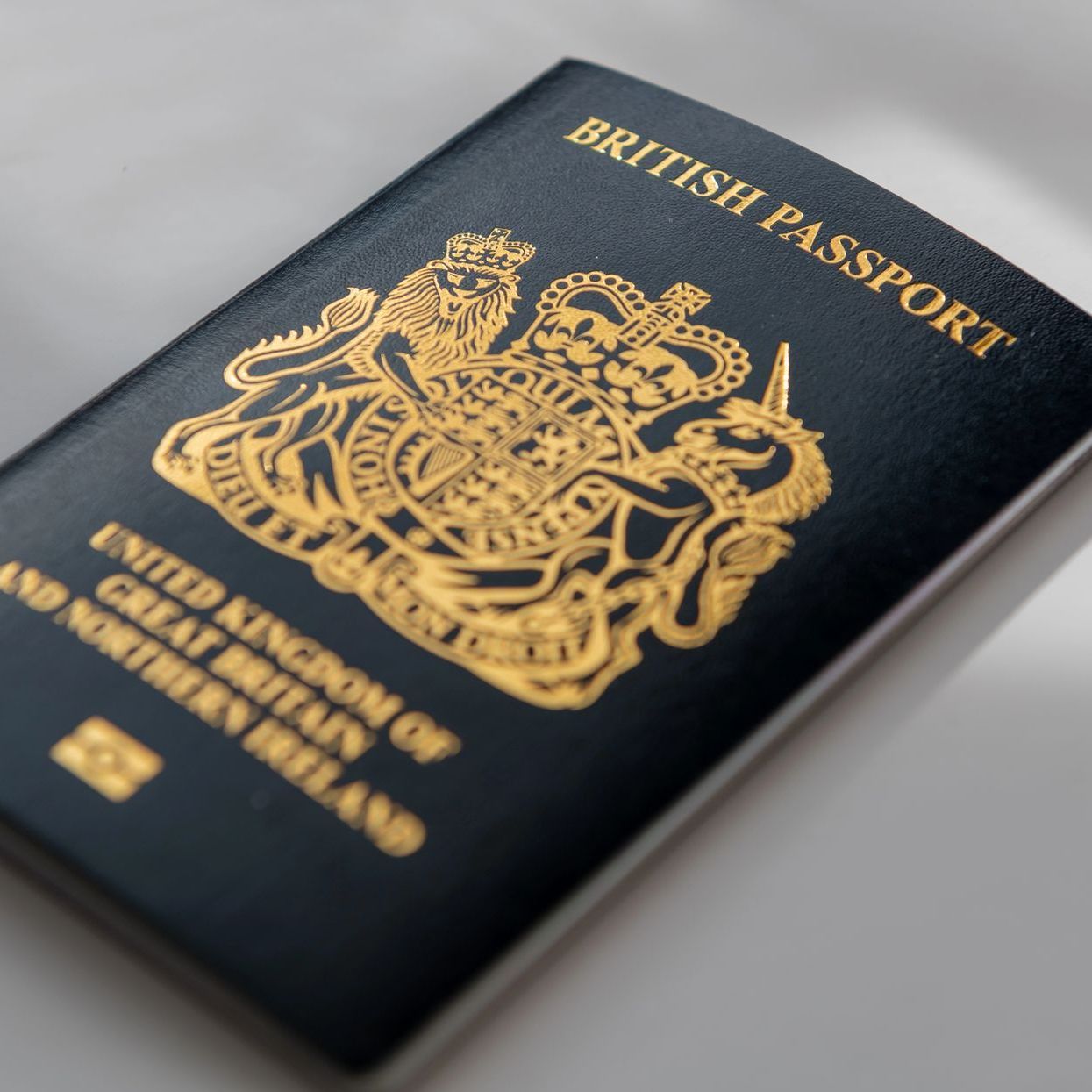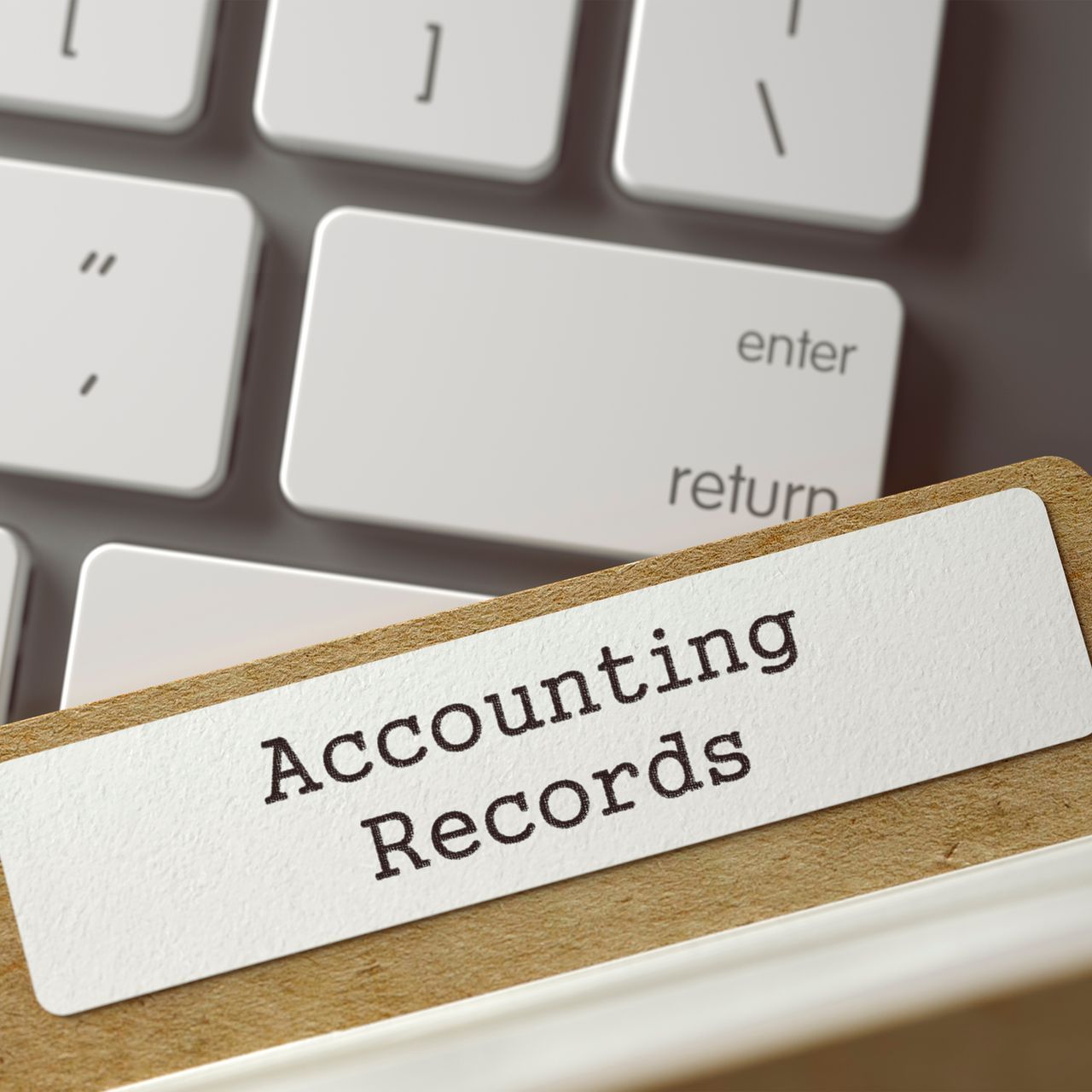When do HMRC think a van is actually a car?
I have previously written about the onerous tax position for personal use of company cars as opposed to vans (you can read about the tax treatment here). The question of whether a vehicle is a car or a van has recently been subject to challenge by HMRC through the UK court system.
Given the hugely different tax treatments, it is important to know whether you are buying a car or a van, especially if you are using it for personal journeys!
The recent case law has centred on whether crew-cab vans that have been adapted to carry a second row of seats behind the driver should actually treated as cars for benefit in kind purposes. Coca-cola had provided some of its workforce with vans that they were also permitted to use for private journeys. The employees had to pay tax on this benefit in kind and coca-cola held reported the benefit in kind using the van rates rather than the car rates. The vans provided had been fitted with a second row of seats behind the driver and the courts were asked to decide whether these seats meant that the higher rate of benefit in kind for cars should be used instead.
What is the definition of a van for benefits in kind?
A van is defined as a goods vehicle with a design (laden) weight of 3.5 tonnes or less. A car is defined as a vehicle that isn’t a goods vehicle, in other words if these vehicles don’t fall within the definition of a van, they are then deemed to be a car.
A goods vehicle is designed as a vehicle of a construction primarily suited for the conveyance of goods or burden of any description.
What does it mean by “of a construction”?
The courts decided that we need to look at the van after any adaptation by the customer, not as it left the factory. Even if the seats can be removed, they should still be considered as part of the construction of the vehicles. Therefore, any modifications to the vehicle such as fitting a second row of seats must be taken into consideration as to whether the vehicle is a car or a van.
What does it mean by “primarily suited”?
Primarily suited for the conveyance of goods means that the vehicle needs to be clearly more suitable for carrying goods than for anything else. The courts decided that where the van is equally suitable for carrying both goods and passengers, the vehicle would not be a van and therefore falls into being a car and attracts the higher benefit in kind rate if used personally. With an extra row of seats fitted, these types of vans now fall within the definition of a car and need to be treated as such for tax purposes.
What about double-cab pickups?
There has been specific guidance from HMRC for some time now that they regard double cab pick-ups as vans for VAT as long as they have a payload of greater than 1 tonne. HMRC are likely to extend this treatment to benefits in kind as well. However, even modifying the pickup by putting a cover on the back may change the payload to under 1 tonne and make it into a car!
What does this mean for other taxes?
The definitions of car and van are different for other taxes.
Capital allowances
When deducting the cost of a van from your accounts, vehicles classed as vans are treated as plant and machinery and are eligible for annual investment allowance (meaning that you can deduct the full cost of the vehicle in the first year of owning it). The amount you can deduct for a car in your accounts is based upon the carbon dioxide emissions and the expense is deducted much more slowly over several years.
The definition for capital allowances is slightly different. A vehicle is a car unless it is
- A motorcycle
- A vehicle of a construction primarily suited for the conveyance of goods or burden of any description or
- A vehicle of a type not commonly used as a private vehicle and not suitable for such use.
Given this definition that ties in with the one for benefits in kind, it would be hard to argue that such a van was a car for benefits in kind but treat it as a van for capital allowances.
VAT
VAT can be recovered on the purchase of a van but is generally blocked on the purchase of a car. The definition of a car for VAT purposes is a vehicle that has seats behind the driver together with side windows. There are however exclusions to that definition and if the vehicle can carry a payload of one tonne or more, it is not a car for VAT purposes. It is therefore possible that the vehicle may be classified differently for benefit in kind, capital allowance and VAT purposes!
What do I need to think about now?
It is important that you understand the tax treatment of the vehicles in your business. The type of vehicle that you invest in needs to work primarily for the business. However, business owners with these types of vehicles may be best advised to avoid personal use to avoid a big unexpected tax bill!
